The sun glints down on Lough Corrib in the Glanteageu Valley, as the grass sways softly in the gentle wind. It’s the kind of summer day where you couldn’t imagine the hills of Connemara to be anything but peaceful and serene.
“You should see this place in the depths of winter,” laughs Martin Joe Kerrigan, a third-generation farmer, whose 340 acres of land lie in the hidden valley of Cloghbrack, where Connemara blackfaced horned ewes and lambs roam.
“We’re nine miles to the nearest shop and pub, it can be a bit isolating,” he says. This isolation however, this unspoilt land is part of the reason why his lamb, and the lamb of nearly 200 other farmers in the area, has such a lean carcase and a light cover of fat, resulting in a taste profile that is naturally succulent, with a pronounced sweet aroma. In fact, that mouth-watering aroma is what hits us as soon as we walk into Martin Joe’s kitchen.
Áine Kerrigan from nearby Cornamona is there with her husband Martin. Both are also farming Connemara Lamb and we laugh that Áine has taken over the kitchen.
“We can’t talk about the meat without having a sample,” she says, as she lays out a tantalising spread of freshly-grilled lamb sprinkled with rosemary and served with fresh brown bread.
Community Spirit
Although there are over 200 farmers involved in the Connemara Hill Lamb brand, there is a core group which has been involved from the start.
“It was 1999,” says Aine, “and farmers were getting nothing for their lamb. We were frustrated, practically giving them away at marts. So a group of us had a meeting to see what we could do. We were all born and reared in the area around lamb, we were passionate about the land, and understood the product, although at the time we had no idea how much work we were about to put in. We did know though that we had to work together, so we put a plan in place to establish a co-op, finance it and brand our lamb.”
There were 12 people at that first meeting, but it soon gathered traction.
“We started getting good prices for our lambs and once people see increased prices, they are in.”
“On top of that,” says Martin Joe, “we weren’t asking them to do anything different. We simply asked them to maintain what they were doing, because it’s special. The terrain hasn’t changed and even though methods of farming have, it doesn’t affect us as much because the land won’t allow for commercial farming. You can’t spread fertiliser, so it really is the closest thing you will get to organic farming. It’s like the terrain itself protects the lamb.”
PGI Status
It is the terrain and its influence on the quality of the meat that prompted the group to aim high and go for a PGI status. This is the coveted European Protected Geographical Indication status that promotes and protects the names of quality agricultural products and foodstuffs. Its why wine from Champagne can only be called champagne, why real Parmigiano-Reggiano is always Italian and it’s how you know camembert has travelled from Normady. Gaining such status is no mean feat. Here in Ireland, only four other products have achieved such a status, the Clare Island salmon, Imokilly Regato cheese, Timoleague brown pudding and the Waterford blaa.
It took five years of paperwork, but the group was determined to achieve this status.
“The variety of grasses here are unique,” says Martin Joe, “it can’t be found anywhere else in the world, and that ewe, when she is roaming the fields, she knows what she is looking for. She might be here today and found a mile and a half away tomorrow. She is following the trail of the unique grass, heathers and wild herbs, she moves around throughout the season and all that is genetically transferred to the lamb, which impacts the taste.”
“You couldn’t possibly market our lamb in the same way as low-lying lamb,” adds Martin. “They have a far bigger carcase. Ours is a smaller lamb that matures a lot slower, resulting in a leaner product, with a sweeter taste profile.”
Shelf Space
Achieving the PGI status in 2007, receiving a Euro-Toques Food Award in 2009 and a Food Writers Guild award in 2013, have all contributed to the success of the brand. But working with local man John Vaughan, managing director of Martin Jennings Wholesale, they achieved a very prominent place on the supermarket shelf, supplying exclusively to Dunnes Stores under the Simply Better brand.
“It is a guaranteed market, we know how many lambs are needed, where they are going. It gives an added sense of security, not only to the brand, but to the 200 farmers in the area. This year, we have 4,000 lambs, but we want to push it towards the 5,000 mark in the future.”
There is certainly a demand for it. Connemara Hill Lamb is a seasonal product that goes on sale from 1 July until 31 December and doesn’t stay long on the shelf. However, there was a bit of work to be done with regard to consumer education.
“Our lambs are smaller and because the eye of the chop is smaller as a result, they believe they are getting more bone. However,, it’s all about the taste. What someone might consider a small chop, we consider a delicious chop, and the Simply Better customer knows the difference. In fact, one day Martin was doing an in-store promotion in Dublin and convinced two women who don’t even eat meat to buy it,” laughs Áine.
What about the fact that it is only on the shelf for half a year and they are missing out on that important Easter market?
“Sure where are we going to get the lambs?” exclaims Martin. “Connemara Hill Lamb is what it is, we aren’t going to change our way just to get the Easter market. It’s available when it’s available, and it’s sold at its very best.” CL






 This is a subscriber-only article
This is a subscriber-only article





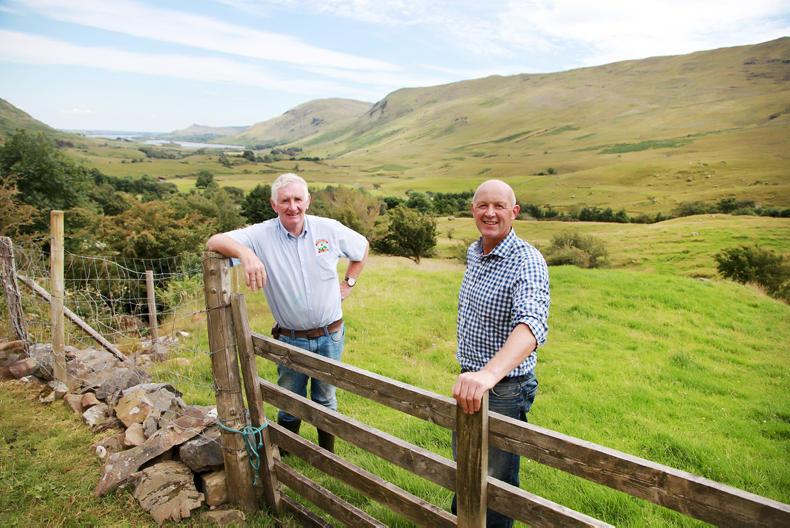
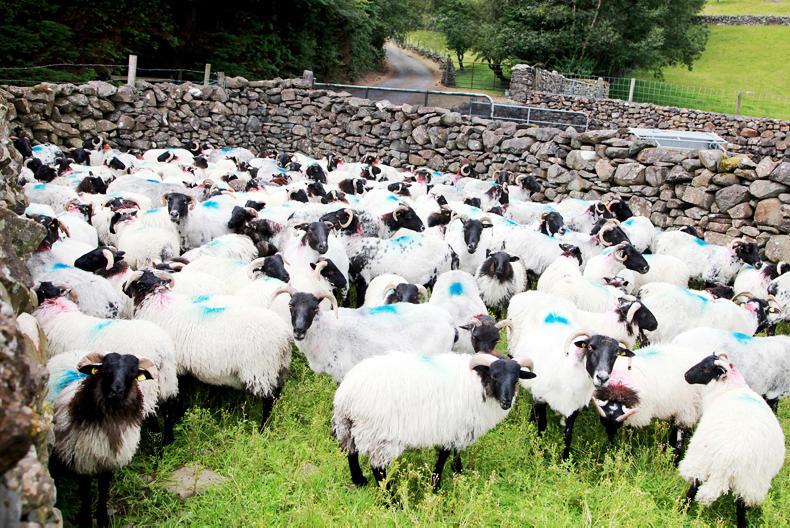
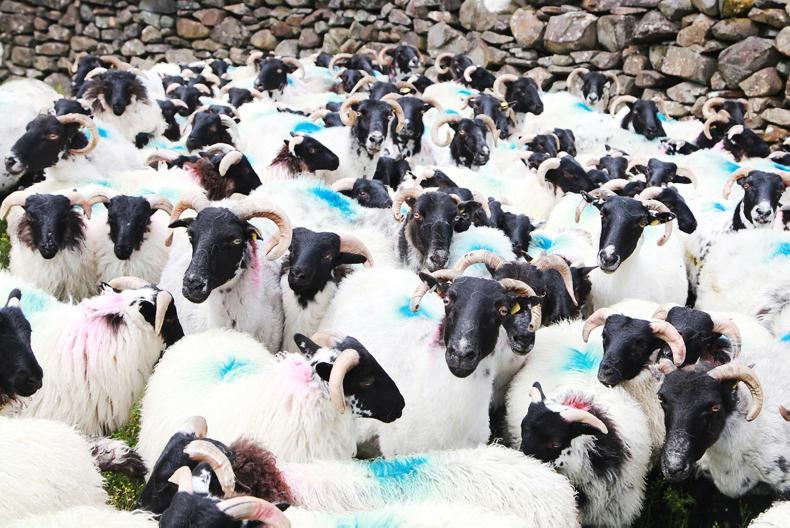
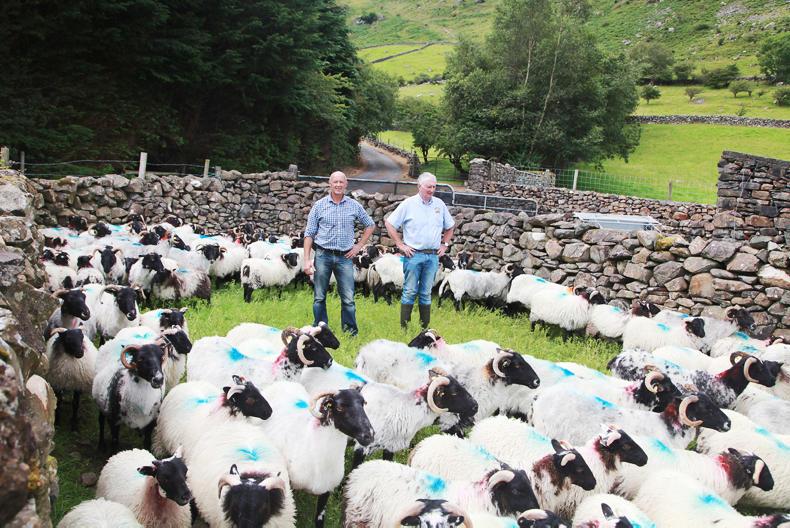

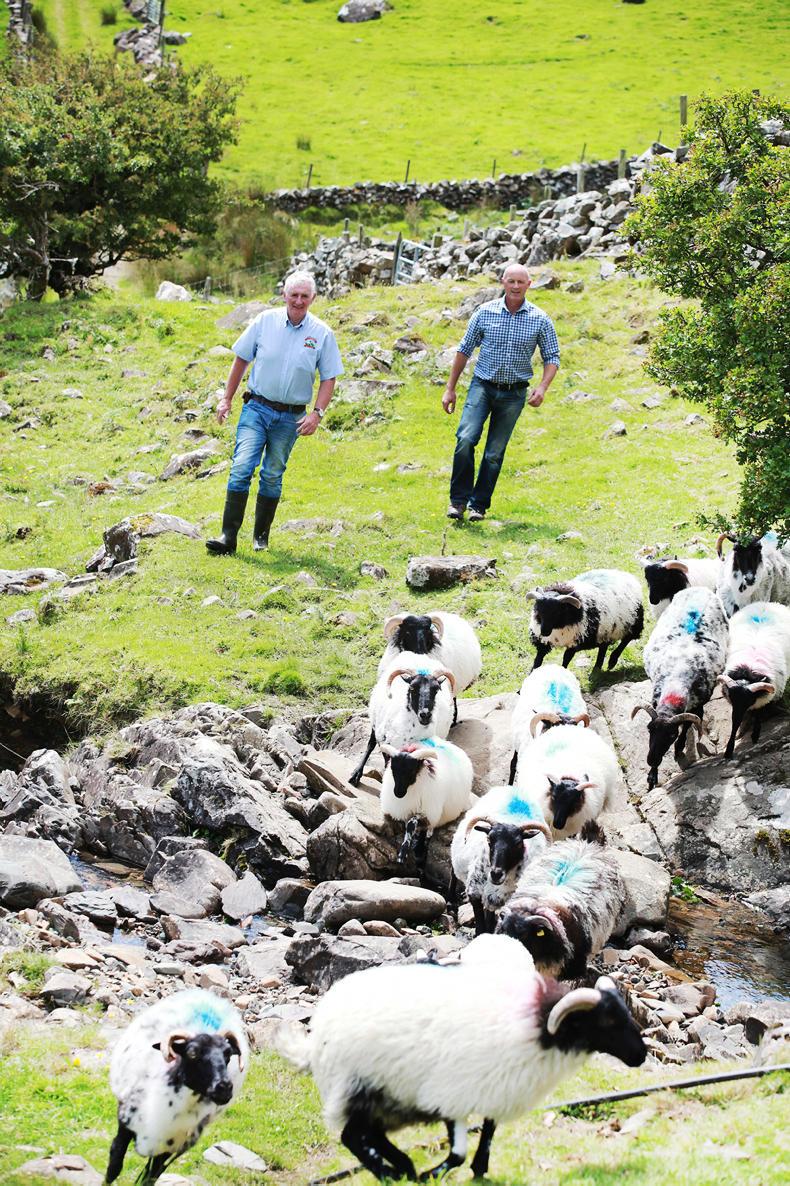
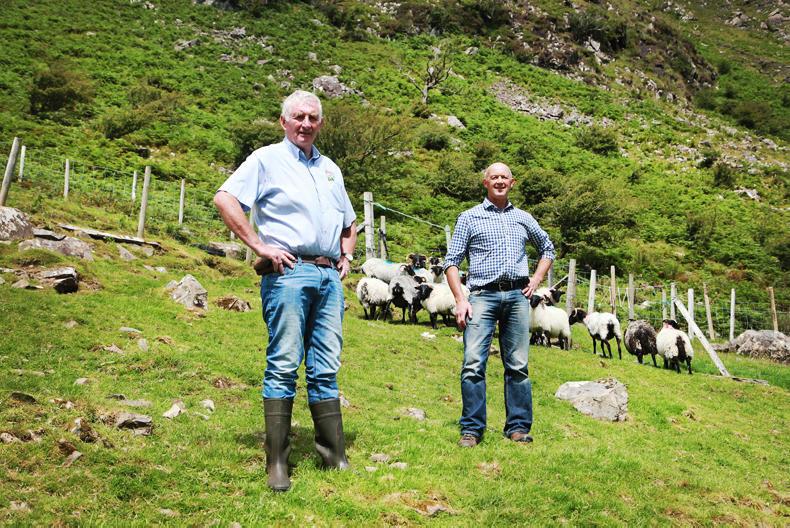
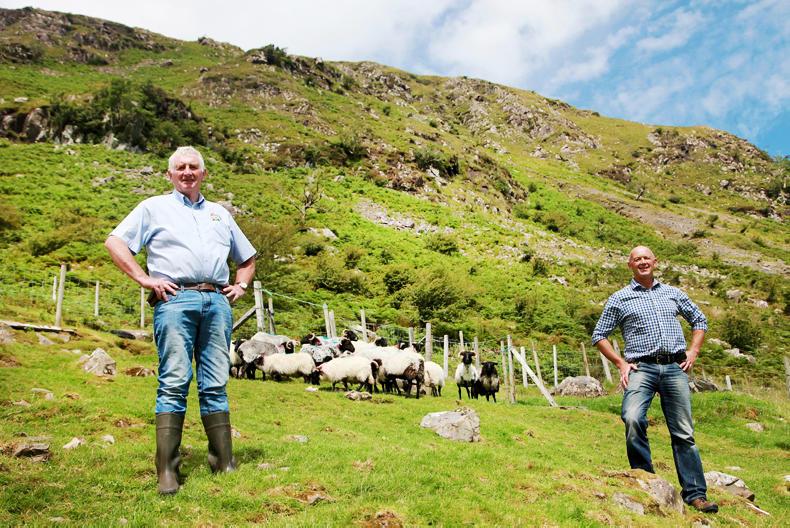
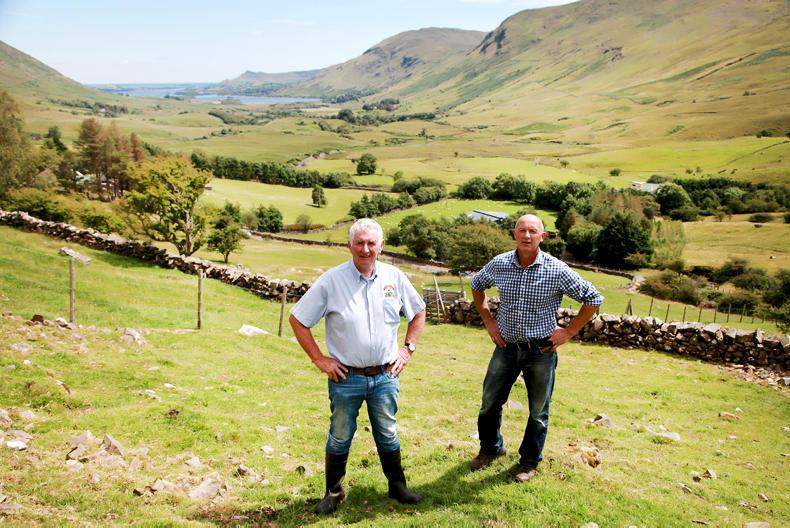






SHARING OPTIONS: